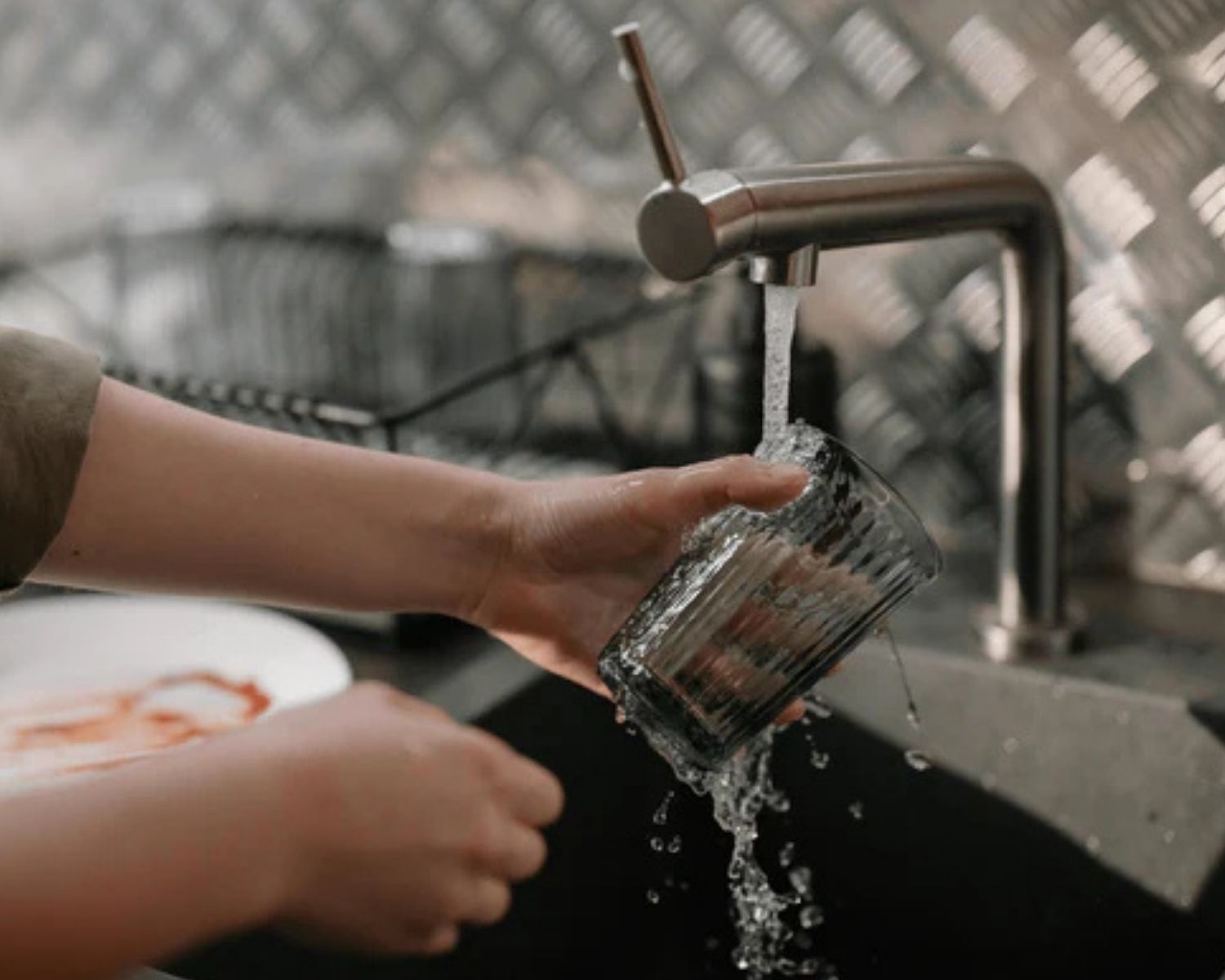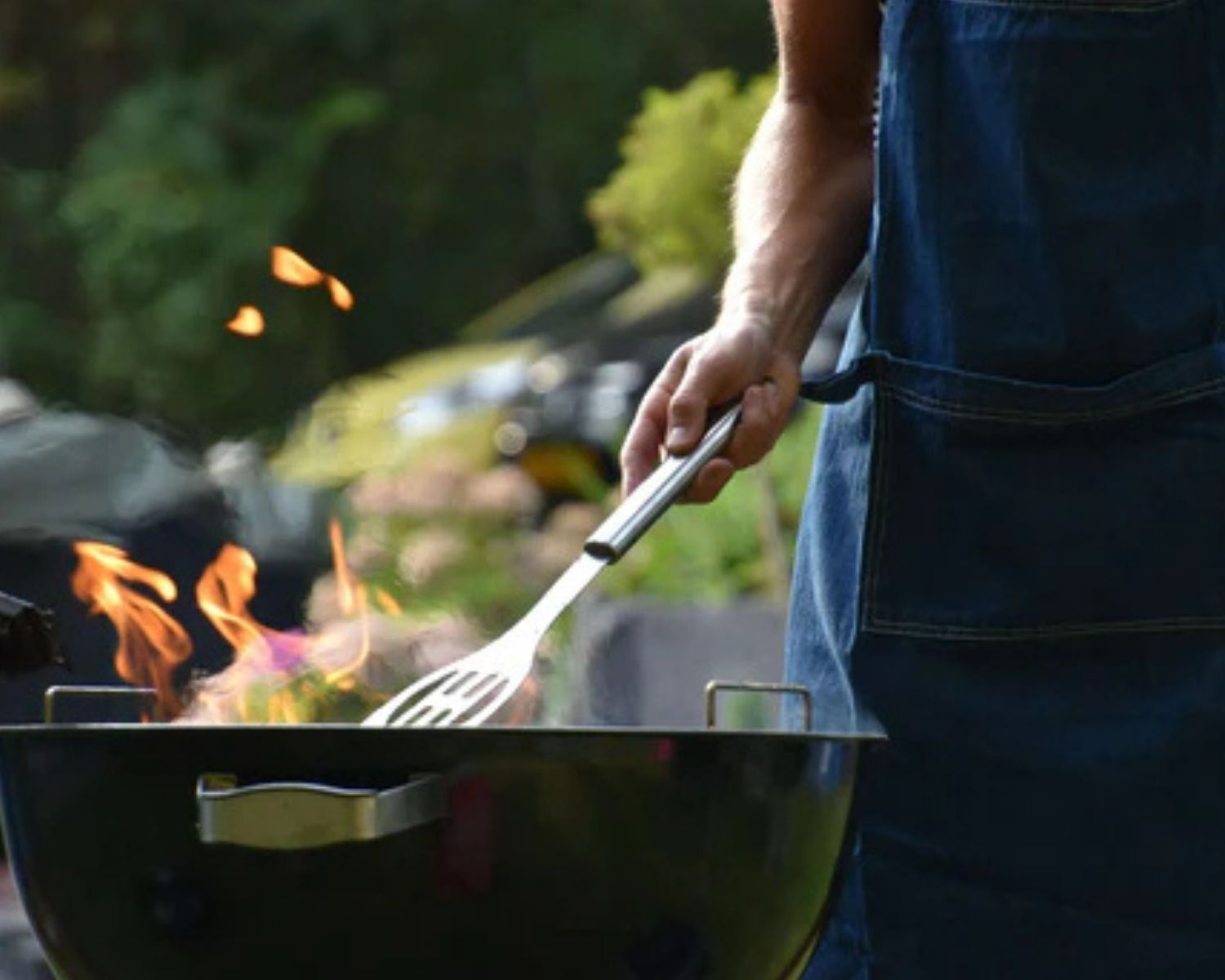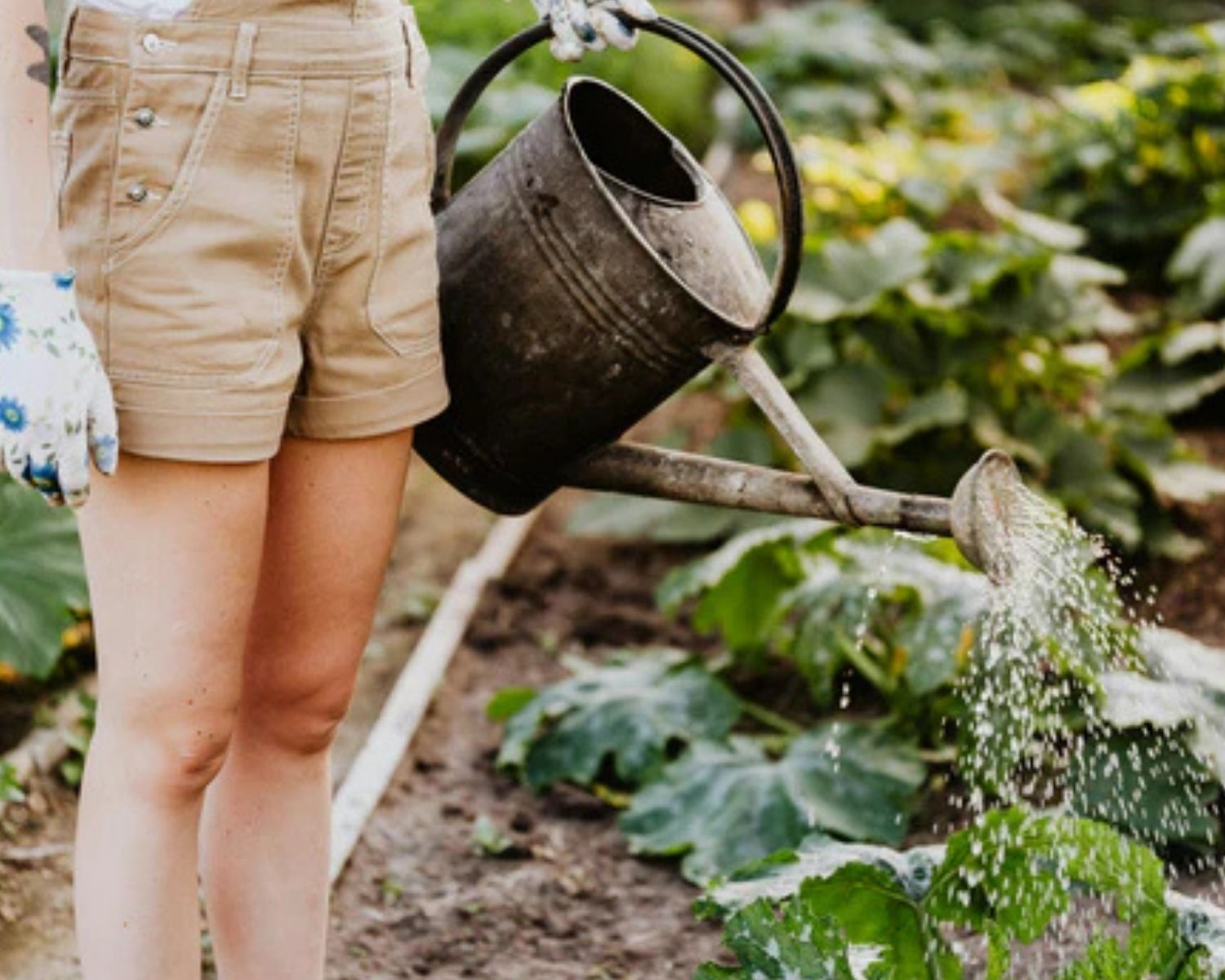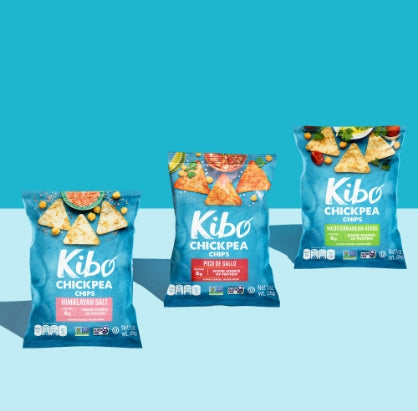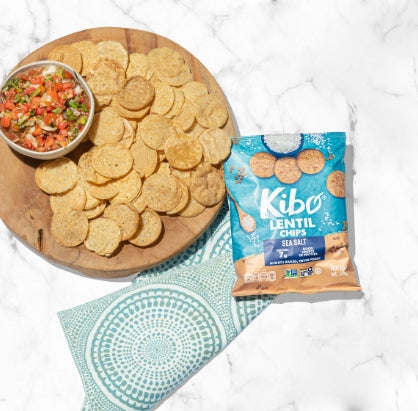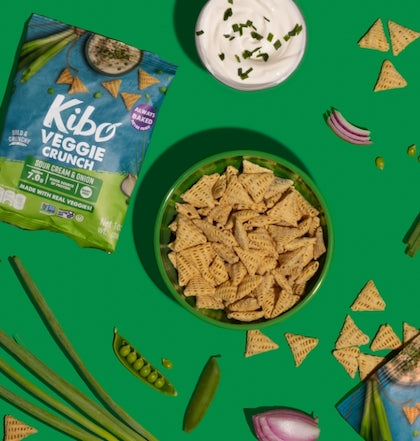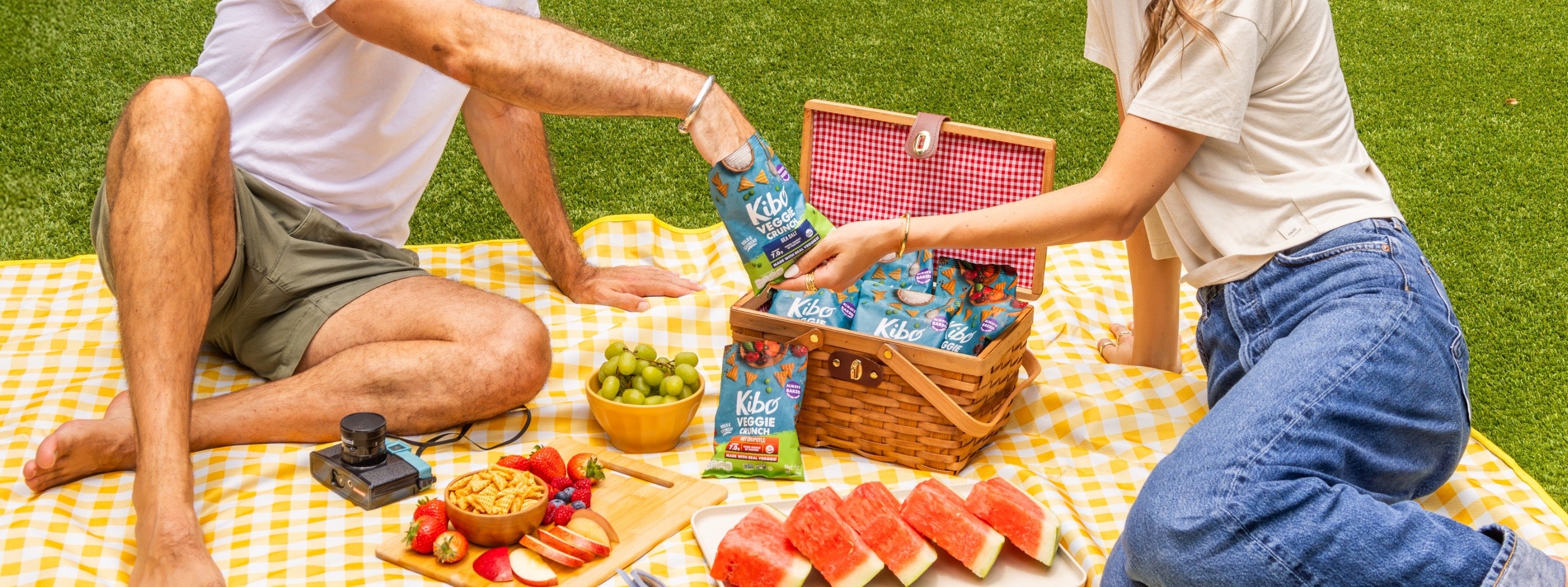We need clean water to survive, yet it’s easy to take this precious resource for granted. This Earth Month, we’re doing a deep dive into water conservation at home and around the world—what it means, why it’s important, and ways we can all be more water savvy.
First off, what does “water waste” even mean?
You might be wondering if wasting water is even a thing—doesn’t it all get recycled back into the earth or evaporate into the clouds and reenter the global water system eventually?
As you may remember from science class, technically the amount of freshwater on the planet doesn’t change as it’s all part of the water cycle. However, much of our freshwater is locked up in the atmosphere and renewed in the form of rainfall and snowmelt, for instance. For human consumption, water requires collection, treatment, and distribution. So when we waste water, we are wasting water that’s readily available to humans as part of our water supply, as well as the energy and resources that went into processing and distributing the water.
Fresh, accessible and potable water is only a small fraction of the water on the planet. As the world becomes more polluted, clean water becomes even more of a precious resource. In addition to this being a problem for humans (especially in densely populated or arid areas) too much water usage is an environmental problem as it can divert fresh water away from the natural ecosystem. 
Tips for Conserving Water This Earth Month and Always
So when it comes to conserving water, there are several things you can do! As with most environmental concerns, limiting your usage in the first place is a major way you can reduce your impact. But in addition to reducing the amount of water you consume, there are ways you can reuse your water to get the most out of it as well.
1. On your plate
Most of our water consumption as humans goes toward agricultural production in the form of water for livestock, water for crops, and water for crops to feed livestock. Limiting animal products is one of the best ways you can lower your water footprint. Just by switching to a plant-based diet, you could reduce your water consumption by up to 50% (more about that here). With 6-7 grams of plant-based protein per serving, Kibo Chickpea Chips and Kibo Lentil Chips help you meet your nutritional needs without as much protein from animal sources. And on top of that, they’re made with earth-friendly legumes that are known to be water and resource efficient.
2. In your bathroom
The next thing to think about is how much water you’re using at home. Be sure to turn off the tap when you’re brushing your teeth so as not to let all that fresh, clean water go to waste.
Bath time is big, too. According to the Environmental Protection Agency (EPA), a full bath uses around 70 gallons of water, while a 5-minute shower uses only 20-25. With this in mind, here are some steps you can take to reduce water consumption:
- Opt for showers instead of baths
- Challenge yourself to take shorter showers
- When you do bathe, only fill the tub up halfway
- Let small children share a bath or reuse hot bath water
You can also collect the shower water that runs while you’re waiting for it to heat up and use it for your garden or dog bowls! 3. In your products
3. In your products
It’s also important to consider the water content in your packaged goods. Many shampoos, conditioners, soaps, and beauty products etc. are made with water as one of the first ingredients. This makes them heavier and more carbon wasteful to transport, so opt for bar versions where possible.
4. In the kitchen
Many of us likely wash our dishes with more water than is actually needed. With many dishwashers, it’s fine to skip a pre-rinse, and this can save lots of water in the long run. Only wash your dishwasher and your laundry machine when they’re completely full to further save water.
Fun fact: the starches in pasta water act as a natural cleaning agent, so save that big pot of pasta water and use it to soak your other dishes. Plants also love rice water, so don’t let it go down the drain!
5. In your cup
We all need to stay hydrated, but how many times have you thrown out your glass of nightstand water the next day after it’s collected dust and bacteria throughout the night? Instead, consider pouring last night’s water directly into a watering can for your plants or into a bucket to fill your birdbath. Just because it doesn’t taste good anymore doesn’t mean the birds won’t find it refreshing for a splash! 
6. In your yard
Grass lawn care is a huge water waster. On the east coast, water for lawn irrigation takes up 30% of residential water use, and that number is up to 60% on the west coast. If you’re able, consider an alternative to grass for your yard.
Reuse “greywater” (or gently used water) from your home as much as possible when watering flowers and other plants. Also be sure to check rainwater harvesting laws and guidelines in your state to see if you can collect rainwater for reuse.
7. In the world
Finally, don’t forget that water shortage is a global problem. Over 2 billion people worldwide lack adequate access to safe drinking water, and even more lack access to safe sanitation. Advocate for clean water and environmental protections against water pollution everywhere. As possible, consider donating to programs that create infrastructure for clean water to be reached in areas where it’s desperately needed.
So when it comes to water conservation: reduce, reuse, and respond! Limit the amount of “invisible” water that goes into your food production by eating a largely plant-based diet and limiting animal products. Turn off the tap, and shorten showers wherever possible. Reuse water around your home to extend its life before it goes back into the water cycle, and finally, advocate for water conservation in your community and around the world.
Sources:
Billions of people lack access to clean drinking water, U.N. report finds
Basic Information about Water Reuse | US EPA
Shower Power! | WaterSense Kids | US EPA!
 Reviews
Reviews
